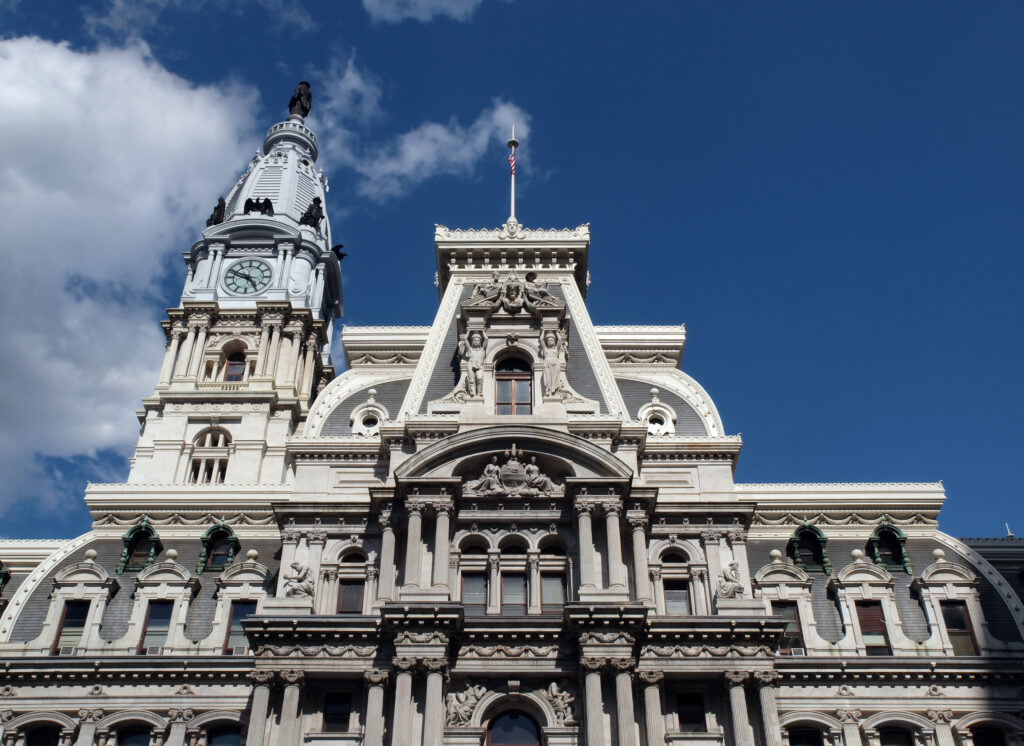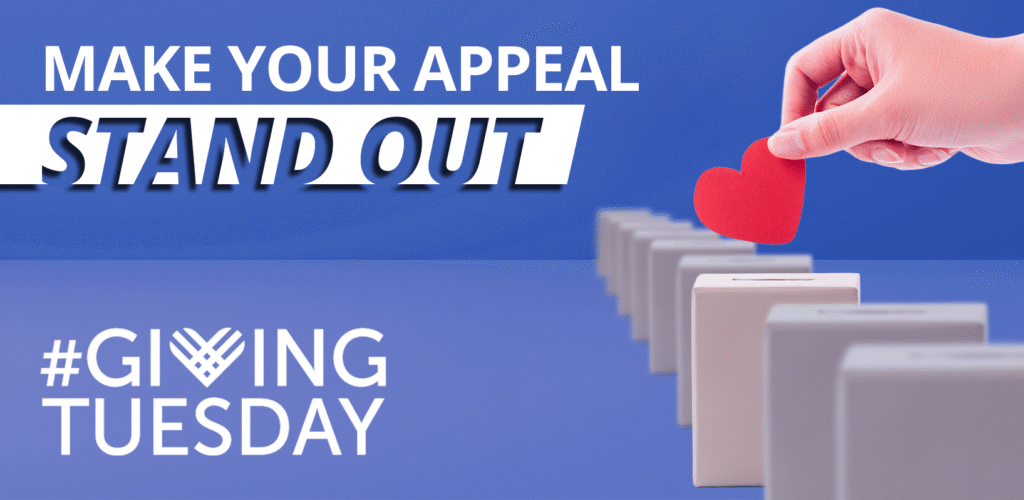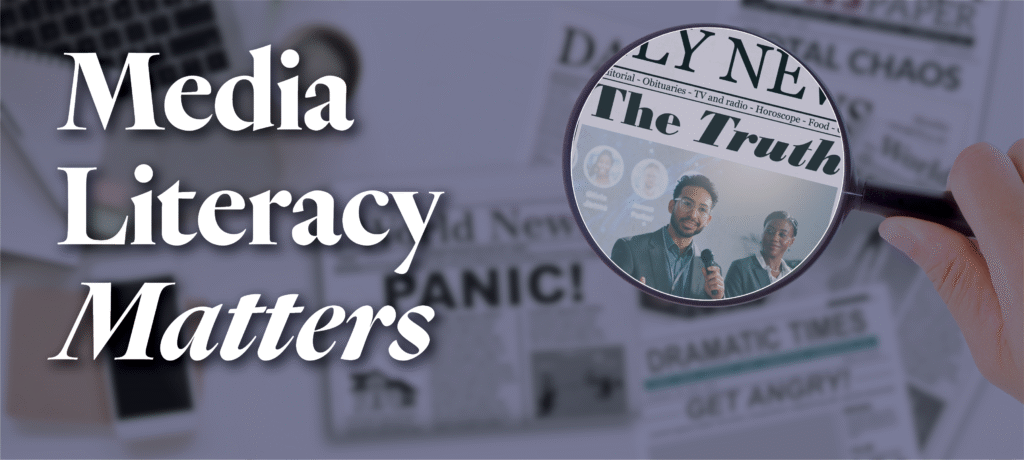
Before the last page was turned on 2019, Philadelphia City Council recorded several major accomplishments in the final days of session. This ranged from restructuring the 10-year real estate tax abatement, providing significant wage tax relief for low-income households and upgrading several zoning districts that will bring new opportunities for growing neighborhoods.
But in a city where ongoing issues can be longer than Broad Street – both north and south of City Hall – there’s little time to revel in these successes. The next challenge is always around the corner. It’s the given nature of almost any government.
In fact, this standard of government was highlighted in a recent Philadelphia Inquirer editorial, “Productive fall in City Hall, but plenty left to do,” where several key issues will most likely be a priority for city council when they commence a new session in January 2020. This included topics such as education, crime, gun violence and tackling the opioid crisis. Many of these issues have been ongoing battles for Philadelphia and have required constant attention.
What to Expect
With the atmosphere of a new session under way and a several new faces filling the seats in council chambers, the first real legislative discussions and debates will take place in March when the mayor presents his budget for the next year, which doesn’t start until July 1. This will be an opportunity for city council members to embark on their first major series of public hearings in the new session where many members will claim a stake in issues where they can be champions.
The veteran officials, especially those who win leadership positions, have already spent years taking the lead on many issues. However, there will be some who may look at adding a few initiatives to their portfolios, while the new members will be looking to plant their feet and secure allies to fulfill campaign platforms. No matter who is steering the ship and on what issue they claim, they must decide whether the mayor’s multi-billion dollar budget will provide sufficient funding for services that benefit all Philadelphians.
Last year, City Council approved Mayor Kenney’s $5 billion budget, along with the funding projected over the next five years. In order to know what to expect in 2020, it’s important to follow the money. This is especially true for council members who will have the opportunity to ask the tough questions to the mayor’s cabinet about every penny that is being allocated to tackle the priority issues.
The Predictions
The city has a duty to serve its citizens by improving essential services that impact citizens’ lives the most. This includes allocating funding to address some of the city’s ongoing key issues:
Education – School District of Philadelphia officials have reported that its aging buildings are in need of at least $5 billion in capital improvements. With the city assuming more oversight and accountability through its board-appointed school board, council members will be charged with identifying appropriate revenues from the city’s funds in order to assist the school district with this mountain-like challenge. This is in addition to the School District’s financial future, which consists of an almost $300 million deficit by 2024.
Public Safety – Homicides are up 40 percent over the last four years. Halfway through December, almost 340 people were killed on Philadelphia’s streets. The Philadelphia Police Department and public safety officials recently embarked on a gun surrender program that has received initial positive response. This initiative, along with many others that might be considered an effective tool to combating the street violence, will require appropriate funding.
Opioid Crisis – Opioid-related deaths declined by eight percent over last year. This can be contributed to several initiatives led by city officials and community and medical service providers. However, Philadelphia still recorded more than 1,200 deaths last year and its decline did not compare to the 40 percent drop realized in Allegheny County. The new drug overdose reporting requirements for Philadelphia will be a critical tool to fighting the epidemic, which will complement ongoing initiatives and programs the city implements.
Fiscal Oversight – The last several years of continued economic growth have been a revenue boon for the city, providing millions of dollars of better-than-expected tax revenues into the city’s coffers. The surplus in revenues has allowed the city to set aside funds into its Rainy Day Account. With some economic forecasters indicating the next recession is right around the corner, the city’s budget hawks will be circling. As always, officials will need to balance services with any fiscal impacts the city might incur.
What’s Next?
January 2020 will mark the beginning of the mayor’s second term, and when the new city council session will commence. The administrative and legislative arms of government will be working well before the budget season kicks off. Once the public hearings begin, however, the wheels will be in motion and the discussions over funding priorities will start to take shape. This will mark the start of how our city will be defined over the next four years.




